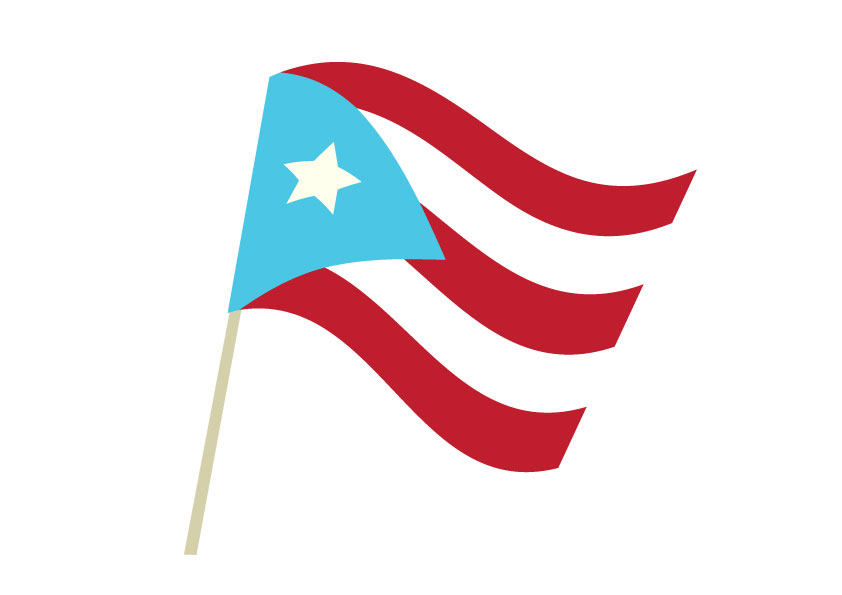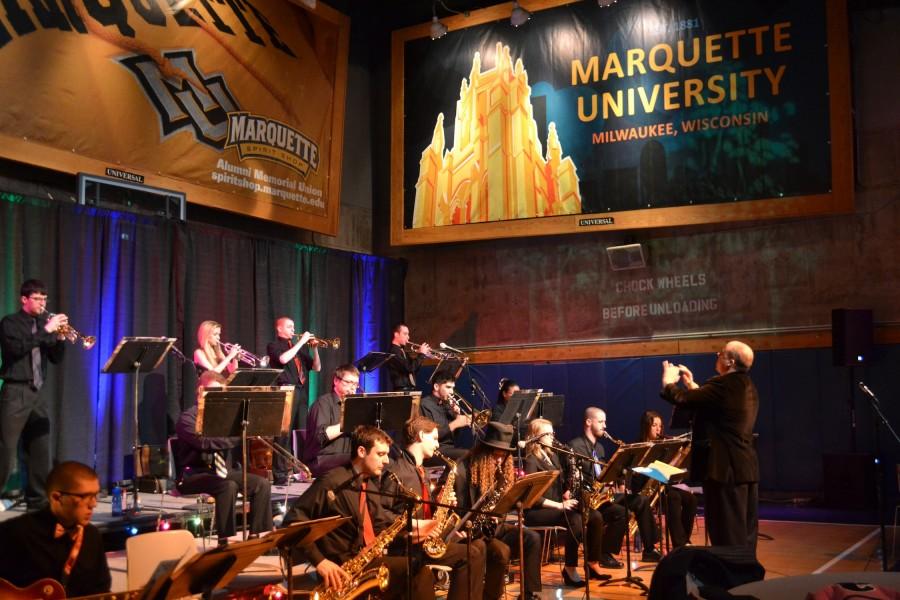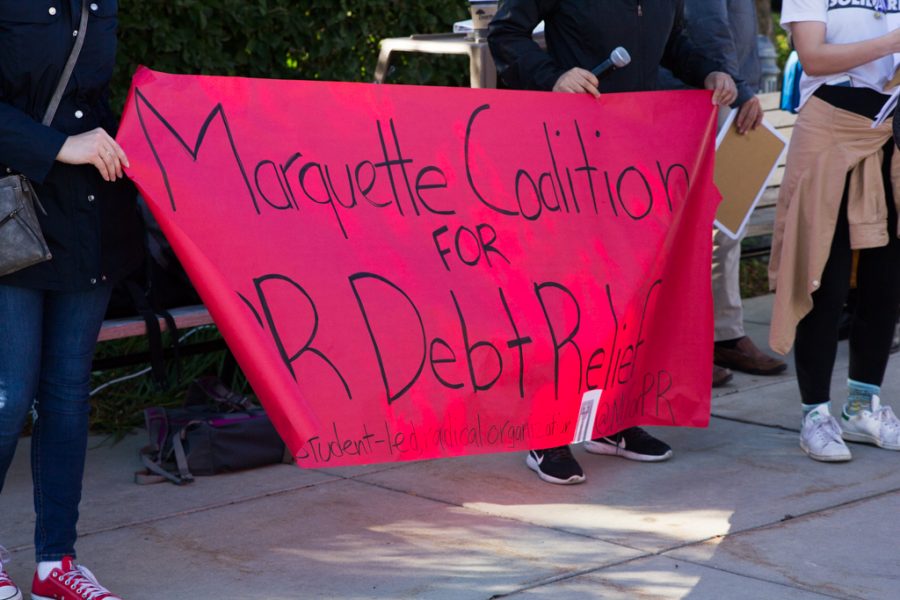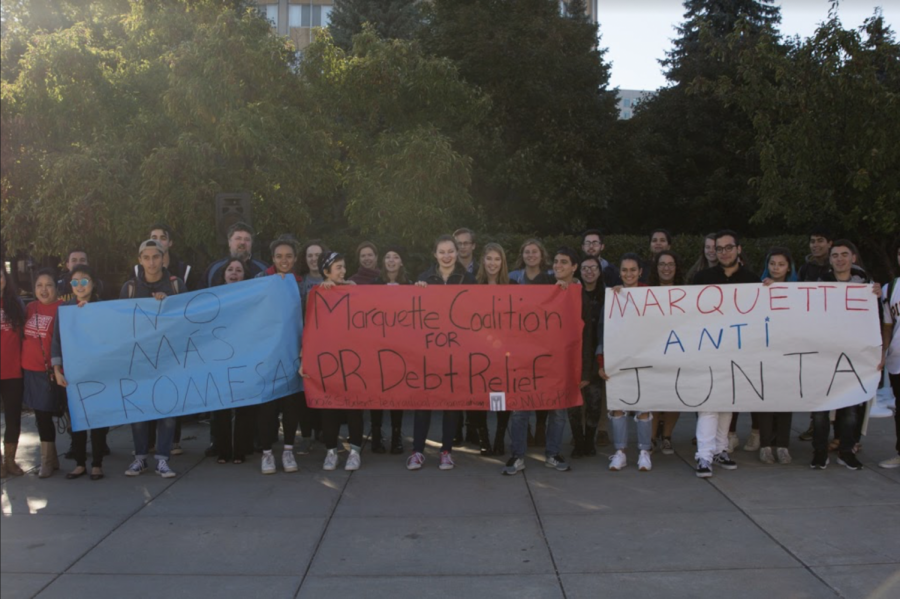The United State’s governance of Puerto Rico has left the island in a very precarious state. While wealthy Americans continue to move to the island, incentivized by tax breaks and the promise of tropical weather, Puerto Ricans continue to be priced out of their homes and forced to leave the island or continue to fight for their space on it daily.
Puerto Rico has never been free. Before the United States’ occupation of the island in 1898, Puerto Rico had been a colony of the Spanish government for over 400 years. Throughout its rich, diverse, extensive history as a territory and as a home to many, Puerto Ricans have never had the final say in what happens in Puerto Rico.
Puerto Rican legislators and executive officials have no say in any immigration or economic policies, as territories have no control over the federal processes that are considered necessary by United States officials.
In many respects, Puerto Ricans, who are U.S. Nationals, are treated as second-class citizens. In the recent U.S. v. Vaello Madero case, Puerto Ricans were denied certain Social Security benefits that are afforded to residents of the 50 states. As such, many continue to feel devalued by their position in the United States’ hegemonic state.
Additionally, tax exemptions that are advertised by the U.S. government have been a consistent threat to life on the island for the past years. Although Americans who move to Puerto Rico are not afforded their rights as continental U.S. citizens while on the island, the people moving to the island can typically afford the expensive airplane trips back and forth from the United States if necessary, a luxury many of the residents that are being pushed out of their homes cannot.
Some on the island believe that these tax exemptions are opening the door for a brighter tomorrow: statehood. However, the odds of congress confirming that decision are slim. Several referendums have already been conducted on the island, none granting any sort of change to the actual status of the island. Although the United States was founded on the war cry of “no taxation without representation”, that is not a reality for those who are not “American enough” to be deemed worthy of being represented.
Instead, Puerto Rico should be able to govern and manage itself, as it has never been allowed to do before in an official sense.
The Puerto Rican Legislative Assembly, which has been a fixture of Puerto Rico since before the United States appropriated the island, would be capable of creating new regulations that could positively impact economic growth and travel.
As a country, Puerto Rico should also be able to set their own travel restrictions and regulations regarding diseases such as COVID-19. Puerto Rico was heavily praised by United States health officials for their successful handling of the pandemic and vaccination with 84% of the island’s residents being fully vaccinated and 95% having at least one dose of the vaccine. As such, Puerto Ricans have proved that there is not a need for constant supervision and guidance from the United States.
Additionally, by reaching an independent status, Puerto Rico could benefit from collaborating with other Caribbean and Latin American countries, as well as strengthening the bonds they already have with countries that the United States has allowed trade with such as Ireland and Singapore.
A higher involvement with international organizations could also increase Puerto Rico’s presence on the global scale.
Rice, sugar cane, corn, and coffee all grow from the island’s fields, and increasing production could increase the island’s GDP while also creating a larger capability for trade and lessening the public’s dependence on foreign crops.
As such, Puerto Rico’s constant crisis could be fixed, but only by finally taking a leap of faith into the future as a country and emancipating ourselves from our past.
This story was written by Clara Lebrón. She can be reached at clara.lebron@marquette.edu







